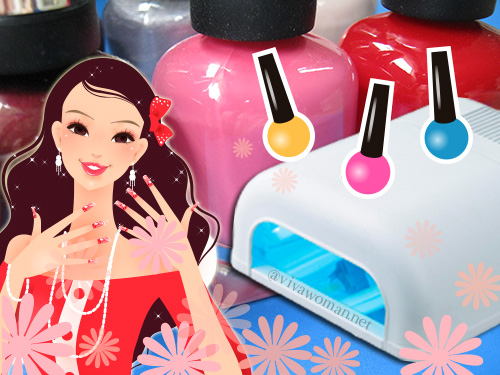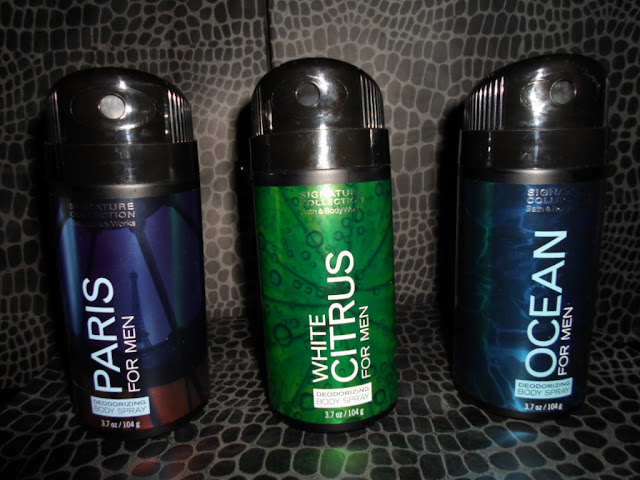

Have you got a case of too much oil on your face? Or too much oil on your hair? Maybe both? I’ve got quite an overdose of oil on my head and already, I’m frustrated. So I can imagine how much of a bummer it is to deal with having both oily face and oily hair. Not only is it affecting how you look, it can affect how you feel. I mean, shiny skin, smeared makeup, hair that is stuck to your forehead half the time. Definitely. Not. Appealing. In fact, you may also be combating with blackheads, enlarged pores, pimples, sallow skin tone, clogged follicles and not forgetting, hair loss. Too much oil is definitely not a good thing.
The reason why your hair and your face are dripping with oil is because you’re suffering from an overproduction of sebum by the oil glands in the lower layers of your skin. Simply put, it’s a case of having overactive sebaceous glands. Your glands are in an overdrive mode and there are a couple of reasons causing this. Let’s look at 10 of them here:
1. Over enthusiatic cleansing It’s very tempting to overwash your oily hair and face just to get rid of the oily feeling. However, when you overdo it, you are basically stripping your scalp and skin off their natural oils and causing your oil glands to go into an overdrive mode to produce even more sebum to compensate for the lack of oil. Hence, it’s best to cap washing your hair to once a day at most, and twice a day for your face. Even then, you need to choose a gentle shampoo and facial wash that are free of harsh detergents like SLS or SLES. And if you practice double cleansing, do it just once a day and go easy on massaging your head and your face too k?
2. Hormonal imbalance due to PMS If you’re a teenager, you’re likely to have oily skin. This is because of androgens in your body stimulates the oil glands to produce extra oil in your skin cells. But if you’re well past your teens, you need to know that spikes in androgens can also happen just before your menstrual period. As a result, this increased sebaceous secretions causes our skin to become more susceptible to spots and breakouts. Yeah, bummer! And there’s not much you can do except to take extra care of your skin during this period.
“Your lifestyle can affect your hormones and the amount of sebum produced in your scalp and hair.”
3. Eating a diet high in insulin We know it’s no longer true that what you eat does not affect your skin. In fact, what you eat has a GREAT impact on your skin! If you’re consuming lots of dairy, sugar, refined carbs, or hydrogenated oils that contain trans-fats, you’re contributing oil to build up in your hair and skin because these foods can increase the amount of androgens in your body.
4. Not hydrating inside out Most people seem to think that not drinking enough water causes our skin to become drier. Well, that’s definitely true. But dry also means, your skin may have to go into an overdrive mode to produce more sebum. Hence, drink up! Also, you need to moisturize. Avoid heavy creams and pick a light lotion so that your skin does not suffer from dryness, which in turn will cause it to produce more sebum.
5. Not eating enough essential fatty acids Strangely, while essential fatty acids that are found in salmon, walnut and flaxseeds come across as oily, they actually help to prevent excessive oiliness in both your hair and face. So do consume sufficient EFAs if you want to have healthy hair and skin!
6. Going through stress and anxiety Science has it that when you are stressed out, both your hair and face will become shiny for the wrong reasons! This is because when a person becomes stressed, the level of the body’s stress hormone (cortisol) rises and causes an increase in oil production in the scalp and skin.
7. Sleeping too late I can tell you from experience that my scalp and face oozes more oil whenever I sleep late. Don’t believe me? Try it! But logically, this follows from the previous reason related to a high cortisol level due to stress and anxiety.
“Your state of health can cause your hair and skin to be oilier than it normally should.”
8. Having skin or scalp disorders Overactive sebaceous glands could also stem from having skin or scalp disorders such as dermatitis. Symptoms include oily skin and hair, flaking and itching of the scalp skin, hair loss and redness on extended areas of the skin.
9. Suffering from health disorders On a more serious level, those with disorders like polycystic ovaries syndrome (PCOS) can experience more sebum being produced in their skin, leading to oily hair and skin. This is because the ovaries make more androgens than normal and as we’ve seen in reason #2, that stimulates the oil glands to produce extra oil.
10. It’s in your genes It also seems that if your parents have a case of oily hair and skin, you’re predisposed to show the same oily signs. Unfortunately, there’s not too much you can do here except to take better care of your hair and skin through your lifestyle and the products you use.
If you have oily hair and/or face, can you identify with this list? And do you have something you do that can help someone else banish oily hair and skin for good? If so, please share!








































